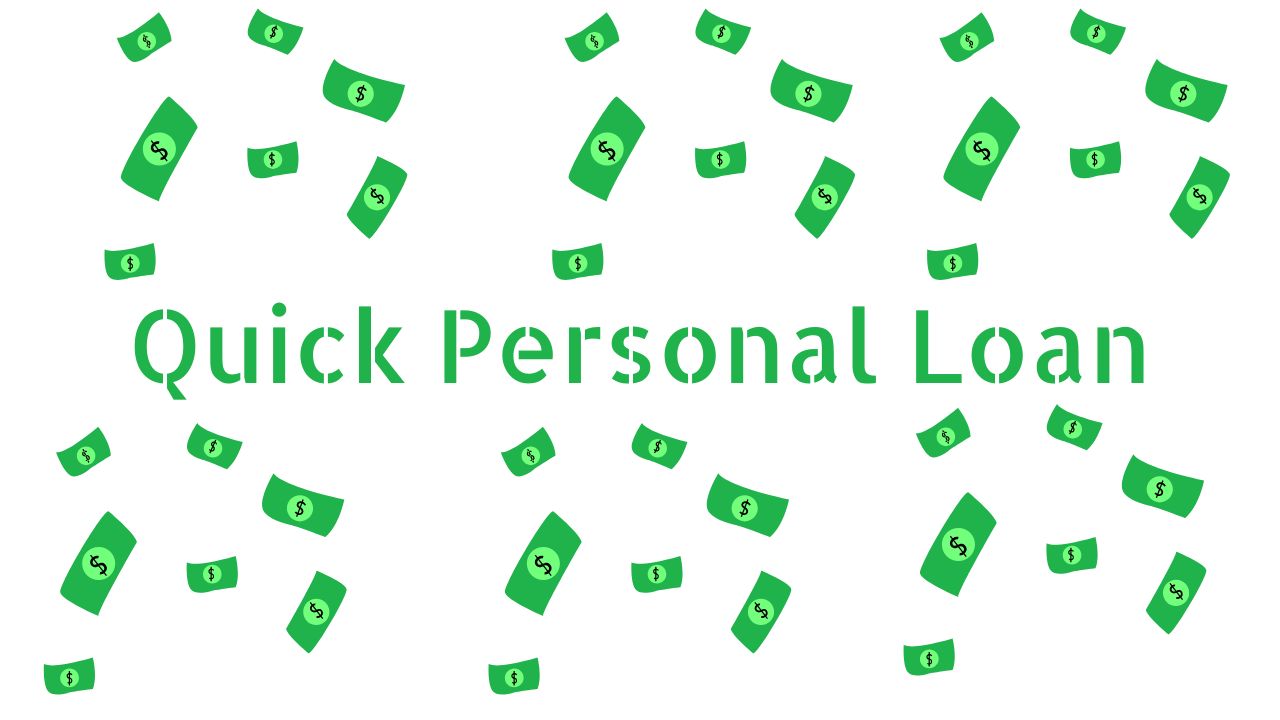Everything You Need to Know About Personal Loans: Benefits, Application Process & More
A personal loan is an unsecured loan offered by banks, credit unions, or online lenders, typically used for various purposes such as consolidating debt, financing major purchases, or covering emergency expenses. The key feature of a personal loan is that it doesn’t require collateral, meaning you won’t need to risk any assets like your home or car to secure the loan.
Types of Personal Loans
There are several types of personal loans, each with specific features to cater to different financial needs:
- Secured Personal Loan
A secured loan requires collateral, such as property or savings. This is a good option for borrowers with a low credit score as it reduces the lender’s risk. - Unsecured Personal Loan
An unsecured loan does not require collateral and is more suitable for individuals with a strong credit history. While the interest rates may be higher, they offer more flexibility. - Debt Consolidation Loan
This type of loan allows you to combine all your outstanding debts into a single loan, often with a lower interest rate. It simplifies managing multiple payments and can reduce your financial burden. - Home Improvement Loan
Specifically designed for financing home renovations, these loans offer lower rates than other types, as your home may be used as collateral. - Medical Loans
If you’re facing unexpected medical bills, a personal loan can help manage your healthcare expenses without dipping into savings.
Benefits of Taking a Personal Loan
- No Collateral Required
One of the major advantages of a personal loan is that it doesn’t require you to pledge assets as collateral, unlike a home or car loan. - Flexible Use of Funds
Personal loans can be used for almost any purpose, whether it’s paying off credit card debt, funding a vacation, or covering an unexpected expense. - Fixed Interest Rates
Many personal loans come with fixed interest rates, meaning your payments remain predictable over the loan term, which helps with budgeting. - Lower Interest Rates
Compared to credit cards, personal loans often come with lower interest rates, helping you save money in the long run. - Quick Approval and Disbursement
Personal loans are known for their fast approval process. Many online lenders can approve and disburse funds within a few days.
How to Apply for a Personal Loan?
Applying for a personal loan can be straightforward if you follow these simple steps:
- Check Your Credit Score
Lenders generally use your credit score to determine your eligibility for a loan. The higher your score, the better the terms you can expect. - Research Lenders
Different lenders offer different terms, so it’s essential to compare interest rates, fees, and repayment options. Online lenders, banks, and credit unions are all worth considering. - Choose the Loan Amount and Term
Decide how much money you need and the duration of the loan. Keep in mind that shorter-term loans generally have higher monthly payments but lower total interest costs. - Submit Your Application
After you’ve selected a lender, submit your application with the necessary documents such as proof of income, identity, and credit history. - Review Loan Offers
Once approved, review the loan offer carefully. Look out for any hidden fees and ensure that you understand the repayment terms. - Sign and Receive Your Funds
After reviewing and accepting the loan offer, you’ll sign the agreement and receive your funds, typically within a few days.
Eligibility Criteria for Personal Loans
To be eligible for a personal loan, you must meet certain criteria, which may vary depending on the lender. Typically, lenders require:
- Good to excellent credit score (Usually 600+)
- Stable income (A steady job or a proven income source)
- Debt-to-income ratio within an acceptable range
- Age (Usually 18 years or older)
Common Uses of a Personal Loan
- Debt Consolidation
A personal loan can be used to consolidate high-interest debt into a single, manageable payment. This is a great way to reduce interest payments and make your debt easier to manage. - Home Renovations
Whether you’re adding a new room, upgrading your kitchen, or making necessary repairs, a personal loan can help fund your home improvement projects. - Medical Expenses
If you or a loved one faces unexpected medical costs, a personal loan can provide the funds needed for treatment and recovery without draining your savings. - Major Life Events
Personal loans can also be used for weddings, vacations, or any other large life event where substantial funding is required.
How to Increase Your Chances of Loan Approval?
To increase your chances of approval for a personal loan, consider the following tips:
- Maintain a Good Credit Score
Lenders view borrowers with good credit as less risky. Ensure you make payments on time and keep your credit utilization low to maintain a healthy credit score. - Reduce Debt-to-Income Ratio
Pay down existing debts to improve your debt-to-income ratio. This will make you appear financially healthier to lenders. - Provide Complete Documentation
Ensure that all your documents are complete and up to date. Missing or incorrect information could delay or reject your application.
Conclusion
A personal loan can be a powerful financial tool to help you manage major expenses, consolidate debt, or fund important life events. By understanding the benefits, eligibility, and application process, you can make a more informed decision about whether this type of loan is right for you.
For quick, easy, and reliable personal loan solutions, visit findcreditloan. We offer a variety of loan options to suit your financial needs, along with free credit score checks and fast approvals.
Start your financial journey today with findcreditloan!













